Boston College hockey represents one of the most storied programs in collegiate sports history. From its founding in the early 20th century through five national championships, the Eagles have established traditions of excellence that resonate throughout college hockey. The program has produced Olympic athletes, NHL stars, coaching legends, and countless moments that define what it means to compete at the highest level of amateur hockey.
Whether you’re a lifelong Eagles fan, a prospective student-athlete, or a hockey program looking to celebrate your own tradition, understanding BC’s remarkable journey provides insights into building sustainable excellence and honoring achievement appropriately.
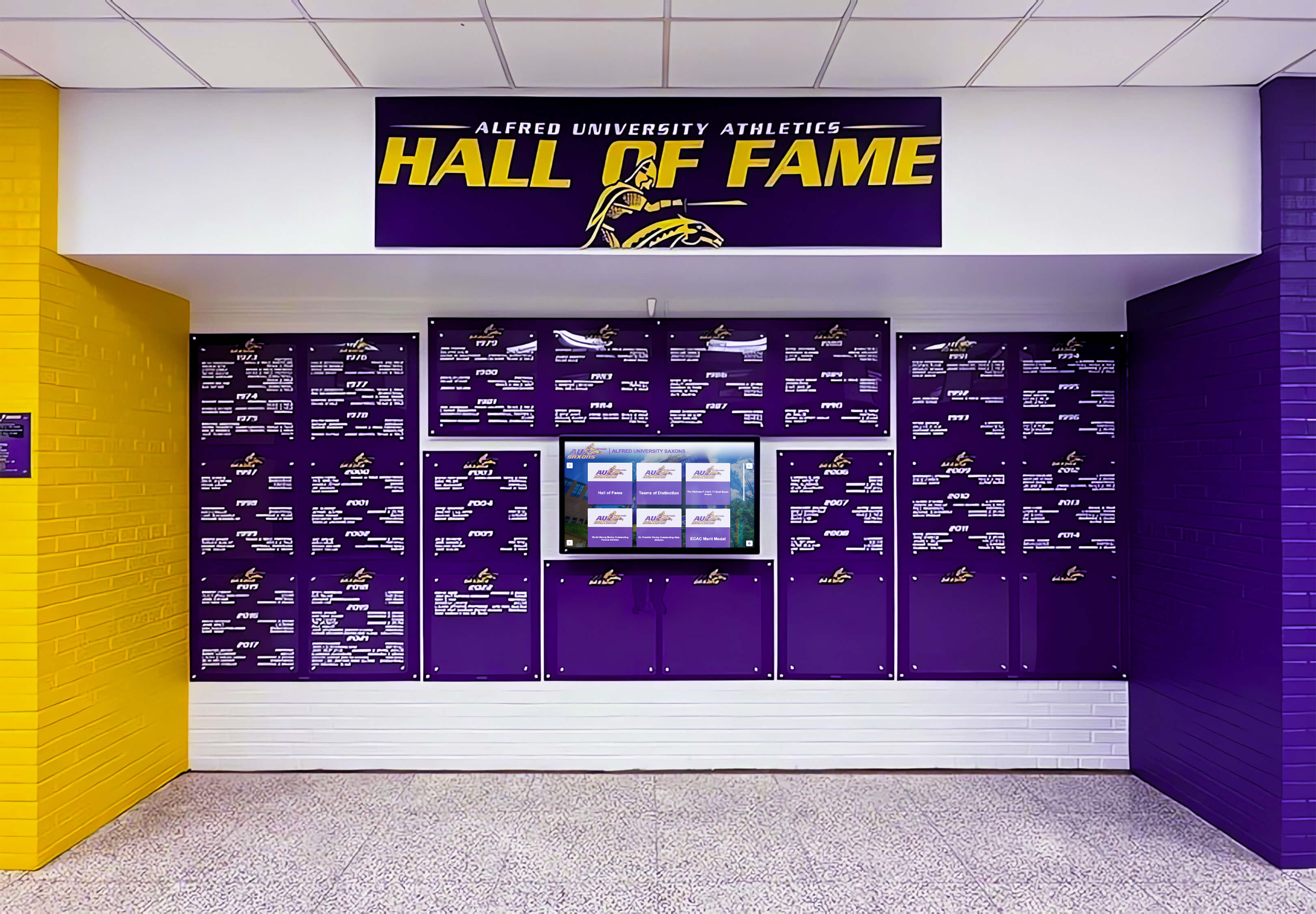
The Early Years: Establishing a Hockey Tradition
Boston College’s hockey journey began in the early decades of the 20th century when the sport was still finding its footing in American colleges and universities.
The Program’s Founding and Early Development
Boston College first fielded a hockey team in 1917, making it one of the early adopters of the sport among American colleges. These initial years saw informal competition against nearby schools and local club teams as hockey infrastructure developed throughout New England.
The program experienced an early hiatus during the Great Depression when financial constraints forced Boston College to temporarily suspend hockey operations from 1929 through 1932. This difficult period reflected broader challenges facing American higher education during economic turmoil, but the suspension proved temporary as demand for hockey remained strong among students and alumni.
When hockey returned to Chestnut Hill in 1932, the program gradually built momentum through the 1930s and 1940s. Early BC teams competed as independents before joining various regional conferences that would eventually evolve into more structured league play.
Post-War Growth and Building Foundations
The period following World War II brought significant growth to college hockey nationwide, and Boston College benefited from this expansion. Veterans returning to complete their education brought maturity and competitive experience that elevated program standards.
Through the 1950s and 1960s, BC hockey established itself as a competitive program within New England college hockey circles. While national championships remained elusive during this era, the Eagles built the recruiting relationships, coaching expertise, and institutional commitment that would support future success.
The program competed in various conference alignments during these developmental decades, including time in the ECAC (Eastern College Athletic Conference) alongside other prominent Eastern hockey programs. These competitions provided exposure to top-level hockey while building the traditions and rivalries that would define BC hockey culture.
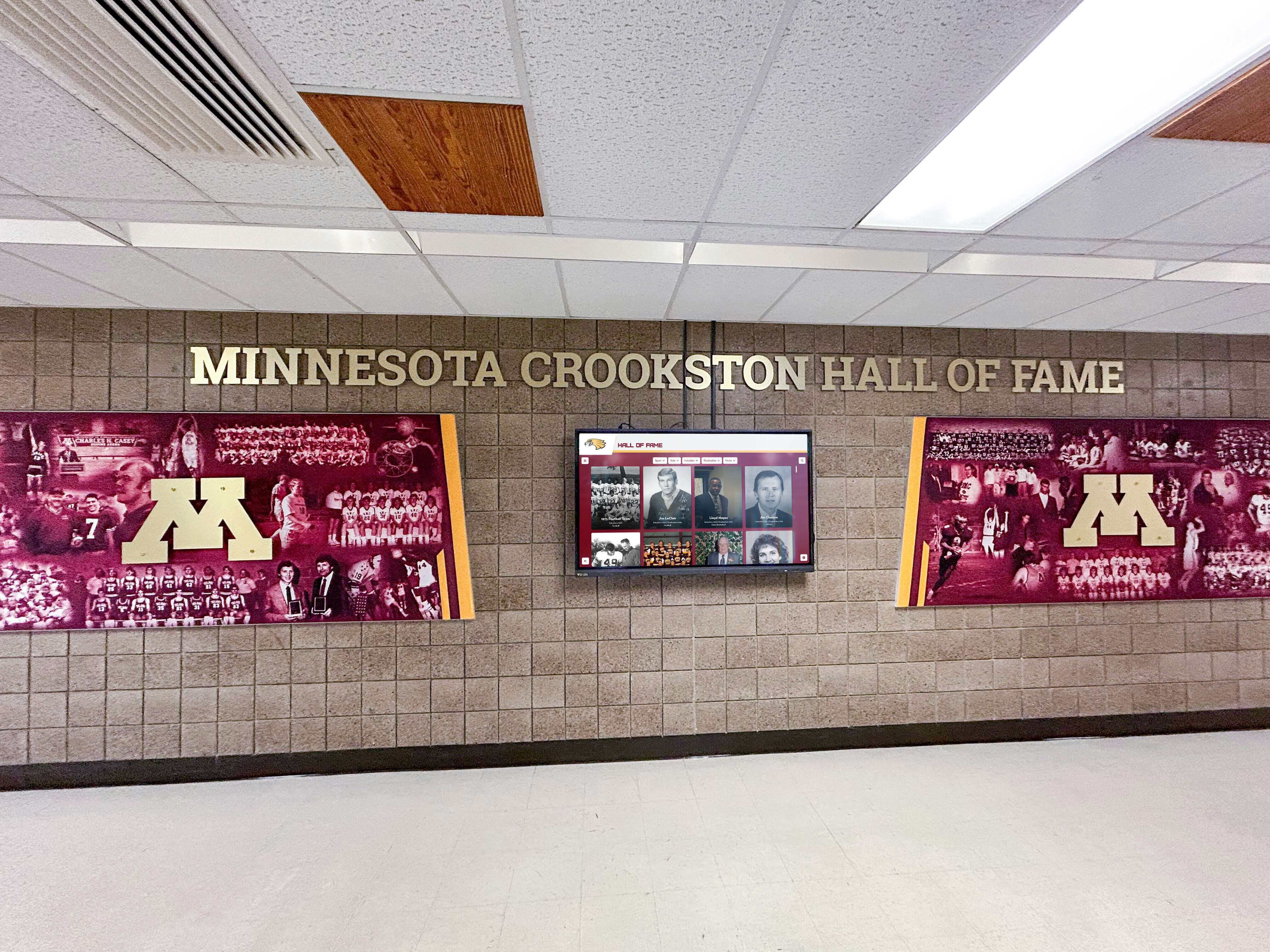
The 1949 Championship: BC’s First National Title
Boston College achieved its breakthrough on the national stage in 1949 when the Eagles captured the program’s first NCAA national championship. This historic achievement came during the early years of NCAA hockey tournaments and established BC as a legitimate national power.
The Championship Run
The 1949 Eagles, coached by legendary Boston College figure John “Snooks” Kelley, dominated opponents throughout the season before claiming college hockey’s ultimate prize. Kelley, who would become synonymous with BC athletics across multiple sports, guided the team through an exceptional campaign.
The championship validated years of program building and demonstrated that Boston College could compete with established hockey powers like Michigan and Minnesota. The victory created momentum that would sustain the program through subsequent decades, even during periods when national championships proved elusive.
Legacy of the 1949 Team
The 1949 national championship established standards of excellence that would define BC hockey culture for generations. Players from that team became lifelong ambassadors for Boston College hockey, mentoring younger generations and maintaining connections to the program across decades.
This first championship demonstrated that small Jesuit universities could compete successfully at hockey’s highest levels when combining strong institutional support, talented student-athletes, and committed coaching. The model established in 1949 would guide BC’s approach to hockey for the remainder of the century.
The Jerry York Era: Building a Modern Dynasty
No figure looms larger in Boston College hockey history than Jerry York, whose nearly three-decade tenure as head coach transformed the Eagles into consistent national championship contenders.
York’s Arrival and Early Success
Jerry York arrived at Boston College in 1994 after successful coaching stints at Clarkson University and Bowling Green State University. He inherited a program with strong traditions but seeking to reclaim elite status in college hockey’s increasingly competitive landscape.
York brought systematic approaches to recruiting, player development, and tactical preparation that quickly elevated BC’s performance. His teams emphasized puck possession, transition speed, and disciplined two-way play—hallmarks that would characterize York-coached teams throughout his tenure.
The results came quickly. Within his first decade at Chestnut Hill, York guided Boston College to their second national championship in 2001, ending a 52-year championship drought and signaling the program’s return to elite status.
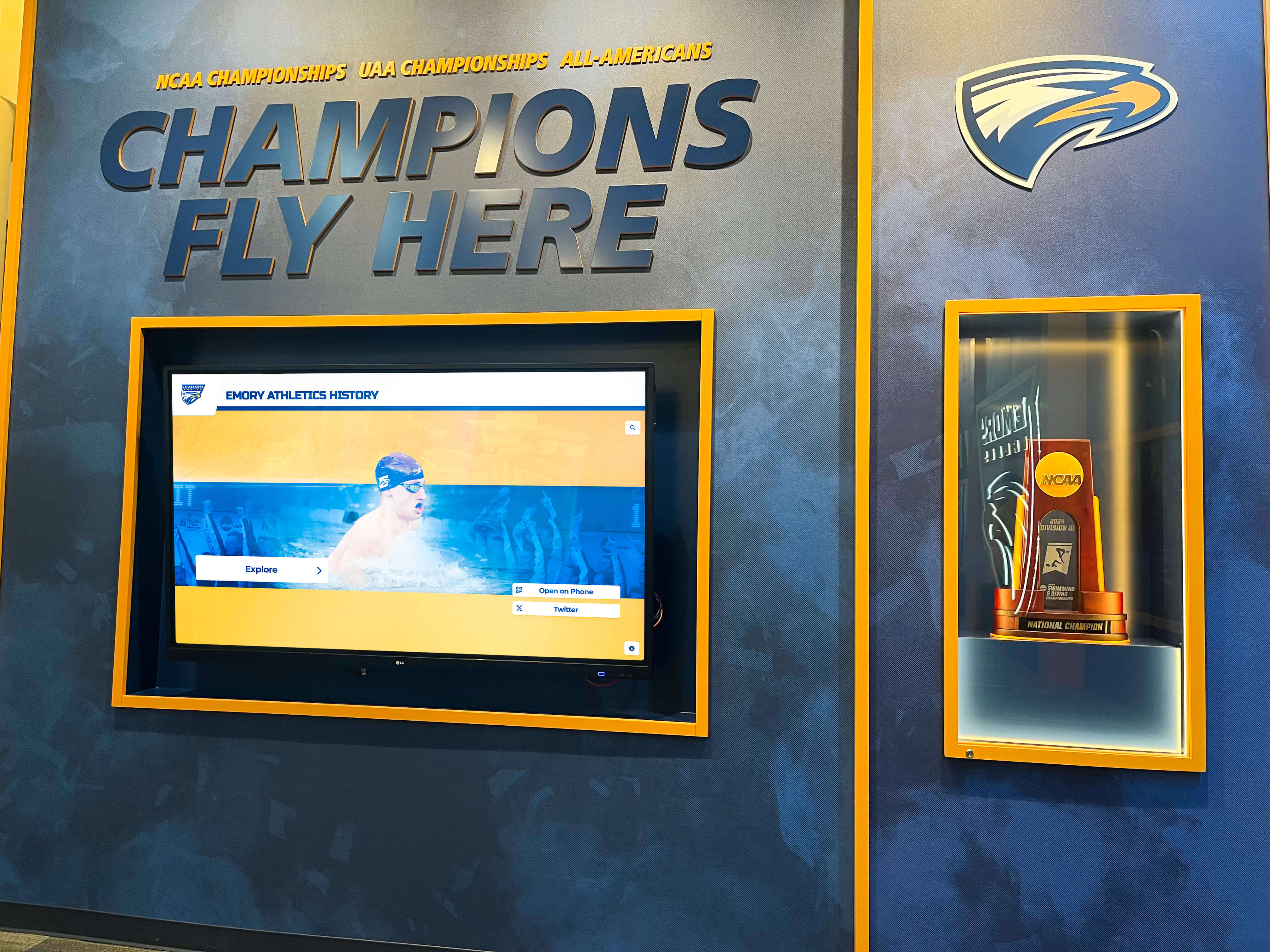
The Championship Years: 2001, 2008, 2010, 2012
Jerry York’s greatest legacy includes four national championships during an extraordinary run from 2001 through 2012—an era when BC established itself among college hockey’s true dynasties.
The 2001 Championship
Boston College’s 2001 national championship team featured future NHL players including Chuck Kobasew, Krys Kolanos, and goaltender Scott Clemmensen. The Eagles defeated North Dakota 3-2 in overtime in the championship game, with Kolanos scoring the title-winning goal.
The championship validated York’s program-building approach and demonstrated that BC could recruit, develop, and compete at the absolute highest level. Many programs celebrate single national titles as career-defining achievements; for York and Boston College, 2001 represented just the beginning.
The 2008 Championship
Seven years after their 2001 triumph, Boston College returned to college hockey’s pinnacle with a dominant 2008 championship run. The Eagles defeated Notre Dame 4-1 in the championship game behind a roster featuring future NHL players Nathan Gerbe, Brock Bradford, and Brian Gionta’s younger brother Stephen Gionta.
The 2008 team showcased BC’s recruitment of elite talent combined with York’s developmental expertise. Multiple players from this championship team would enjoy lengthy professional careers, validating the program’s reputation for preparing players for hockey’s highest levels.
Back-to-Back: 2010 and 2012
Boston College’s most remarkable achievement came with back-to-back national championships in 2010 and 2012 (the tournament was not held in 2011). These consecutive titles solidified the Eagles’ status as college hockey’s preeminent program during this era.
The 2010 championship team defeated Wisconsin 5-0 in the title game—one of the most dominant championship game performances in tournament history. The roster included future NHL standouts Cam Atkinson, Brian Gibbons, and goaltender John Muse, whose shutout capped an exceptional tournament run.
Two years later, Boston College returned to capture another championship, defeating Ferris State 4-1 in the 2012 title game. This championship featured players like Johnny Gaudreau (who would return for the 2014 Frozen Four run), demonstrating the program’s ability to sustain excellence across multiple recruiting classes.
Programs implementing college athletics hall of fame recognition often highlight championship eras like BC’s remarkable 2001-2012 run, creating permanent records that inspire current student-athletes while honoring past excellence.
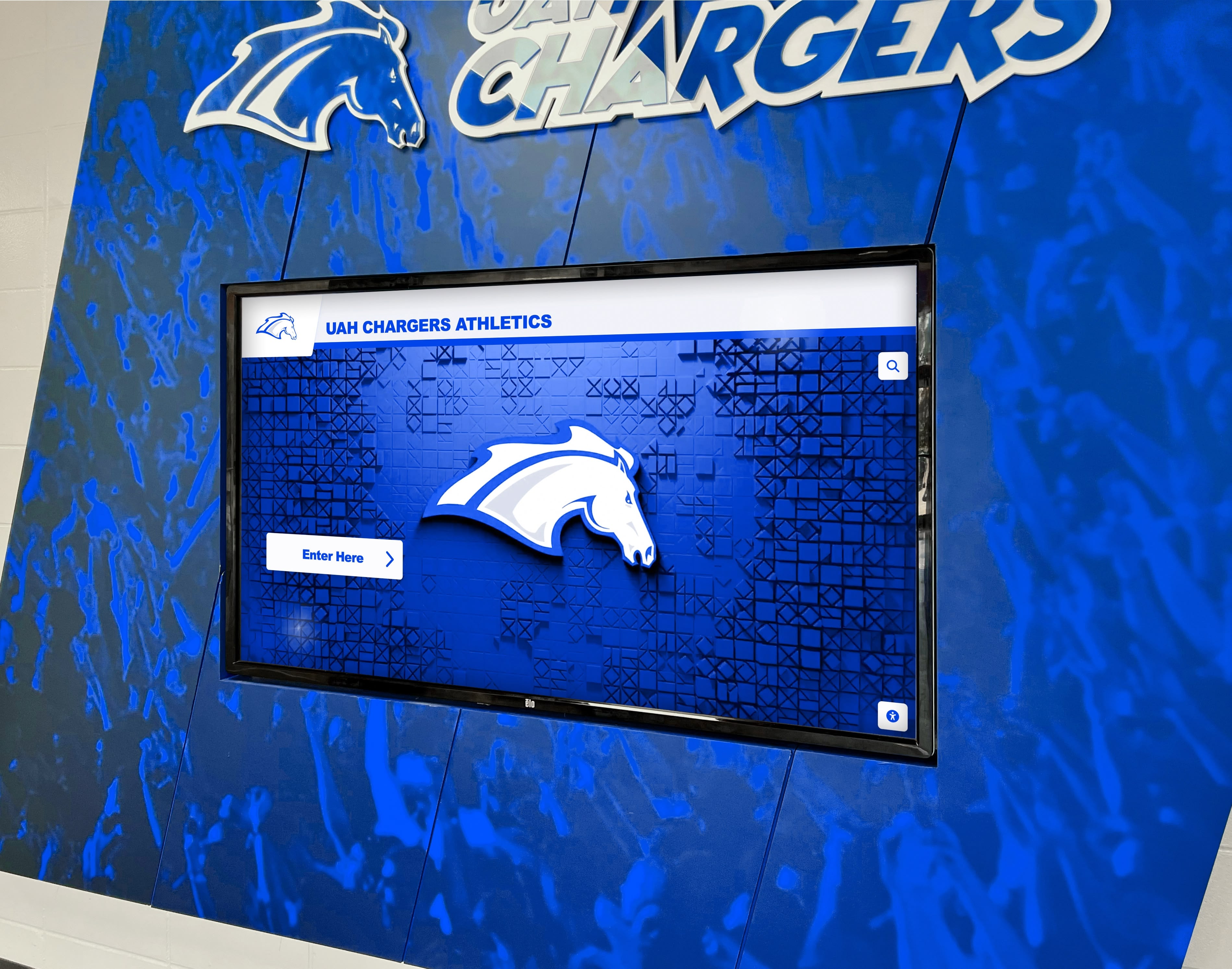
Jerry York’s Coaching Philosophy and Legacy
Jerry York’s success at Boston College reflected consistent philosophical approaches that transcended individual players or seasons:
Recruiting Excellence: York and his staff identified talented players who combined skill with character, work ethic, and coachability. BC consistently recruited top-tier talent while maintaining academic standards befitting the university’s mission.
Player Development: The Eagles became known for developing players significantly during their college careers. Athletes who arrived at Chestnut Hill with potential departed as polished players ready for professional hockey.
Team-First Culture: Despite featuring numerous future NHL players, York’s teams emphasized collective success over individual statistics. This culture created championship chemistry that elevated entire rosters.
Systematic Preparation: York’s tactical preparation and in-game adjustments earned reputation as among college hockey’s finest. His teams consistently performed at their best during tournament play when preparation mattered most.
Jerry York retired in 2022 as college hockey’s all-time winningest coach with over 1,000 career victories and five national championships (including one at Bowling Green before his BC tenure). His legacy at Boston College transformed the program into a modern dynasty while maintaining the values and traditions that defined Eagles hockey across generations.
Hockey East: Conference Competition and Rivalries
Boston College became a founding member of Hockey East when the conference launched in 1984, beginning an association that would define the program’s competitive environment for decades.
The Formation of Hockey East
Hockey East emerged when several New England hockey programs departed the ECAC to form a new conference emphasizing regional rivalries and tournament exposure. Boston College joined fellow Massachusetts schools Boston University, Northeastern, and UMass along with programs from Maine, New Hampshire, and Providence.
This conference structure intensified existing rivalries while creating new competitive traditions. The regular-season Hockey East schedule provided challenging tests throughout each campaign, while the conference tournament offered valuable preparation for NCAA tournament play.
The Battle of Comm Ave: BC vs. BU
No rivalry in Boston College hockey history matches the intensity of competitions against Boston University. The two schools, separated by just a few miles along Commonwealth Avenue, have created countless memorable moments through decades of battles.
The BC-BU rivalry encompasses multiple dimensions beyond simple geographic proximity. Both programs recruit similar caliber players, compete for the same championships, and represent different institutional cultures—the Jesuit tradition at Boston College versus BU’s large research university model.
Hockey East play intensified this rivalry by ensuring multiple meetings each season. The frequency of competition created familiarity that elevated tensions while producing exceptional hockey. Tournament matchups between BC and BU consistently generate heightened attention from fans, media, and neutral observers throughout college hockey.
The 2026 Frozen Four featured both Boston College and Boston University, marking the fourth time in NCAA history that the two rivals appeared in the same semifinal. BC ultimately defeated BU 6-2 in the championship game, adding another chapter to this storied rivalry.

Other Hockey East Rivalries
Beyond Boston University, Boston College developed significant rivalries with other Hockey East programs:
Northeastern: Another Boston-area program, Northeastern provided natural geographic and recruiting rivalry throughout Hockey East history.
Maine: The Black Bears emerged as Hockey East powerhouse during the 1990s, creating competitive battles with BC that featured contrasting styles and memorable playoff series.
UMass: The in-state rivalry gained intensity as UMass elevated its program, culminating in the Minutemen’s 2021 national championship that raised stakes for Massachusetts hockey supremacy.
These rivalries provide context and intensity that elevate regular season competition while preparing BC for tournament play against top national competition.
Notable Players in Boston College Hockey History
Boston College hockey has produced numerous players who achieved excellence at Chestnut Hill before successful professional and international careers.
Early Legends and Program Builders
The 1949 championship team featured players who established BC hockey’s foundation, though detailed records from this era remain limited compared to modern documentation. These early Eagles created the winning tradition that subsequent generations would build upon.
Through the 1950s-1980s, BC hockey produced steady streams of talented players who competed successfully at the college level and occasionally advanced to professional hockey. These players built program reputation while maintaining academic standards that defined the Boston College student-athlete experience.
Modern Era Stars and NHL Success
The Jerry York era produced an exceptional number of NHL players who first developed their skills at Chestnut Hill:
Brian Gionta: A prolific scorer for BC from 1997-2001, Gionta went on to a distinguished NHL career spanning over 1,000 games. His combination of skill, speed, and leadership exemplified BC hockey values.
Johnny Gaudreau: Perhaps BC’s most electrifying modern player, “Johnny Hockey” captivated college hockey fans from 2011-2014 with dynamic offensive ability. He won the Hobey Baker Award as college hockey’s best player in 2014 before starring in the NHL.
Cam Atkinson: A key contributor to BC’s 2010 national championship, Atkinson developed into a consistent NHL scorer known for his determination and skill.
Brian Gibbons: Despite being undersized, Gibbons’ skill and hockey sense led to successful college and professional careers, demonstrating BC’s ability to develop players regardless of physical profile.
Noah Hanifin: A highly-touted defenseman who played just one season at BC before entering the NHL, Hanifin represented the program’s continued ability to attract elite prospects even as early NHL entry became common.
These players and many others created lasting legacies at Boston College while advancing to professional success that reflected positively on the program’s development expertise.
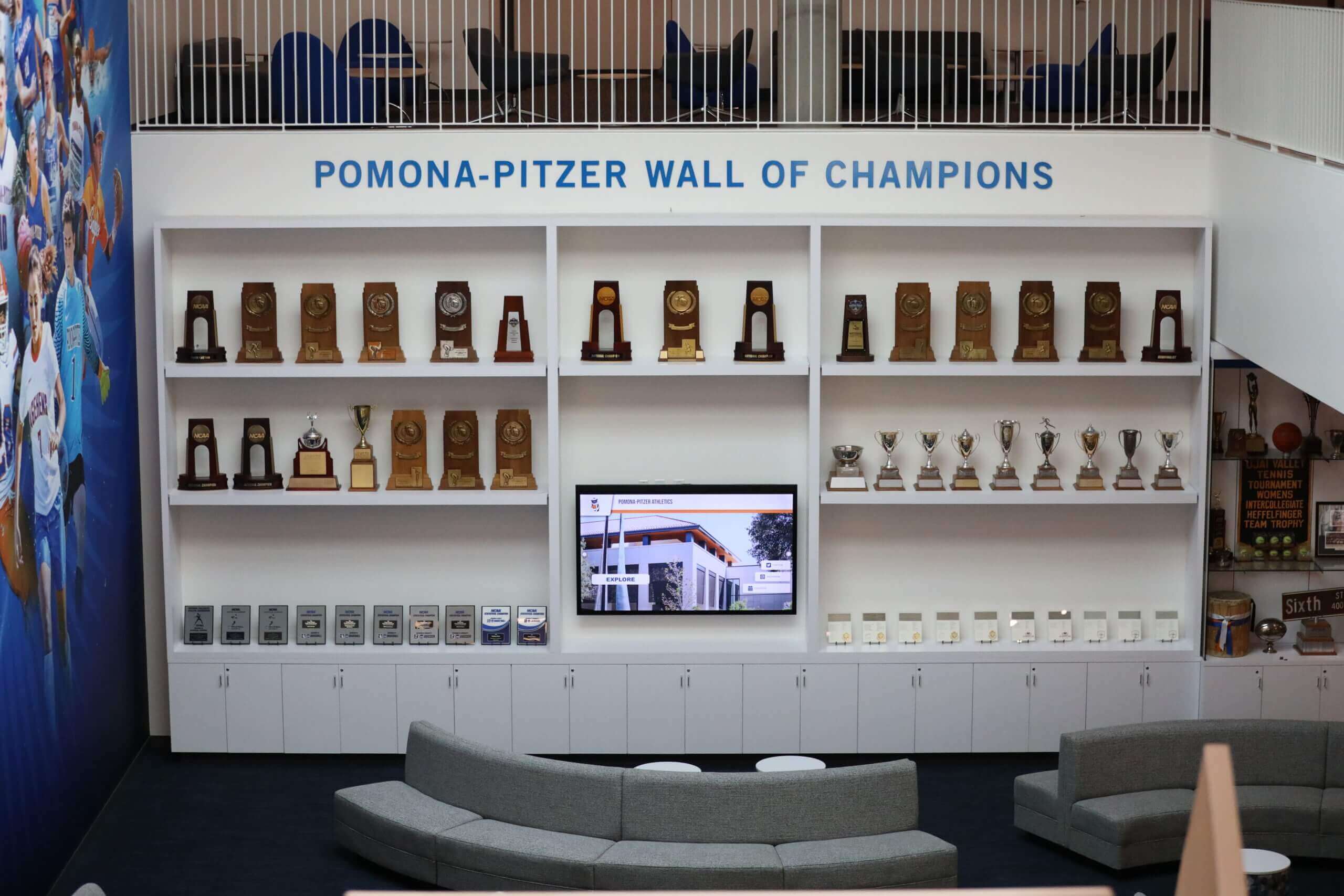
Olympians and International Competition
Boston College hockey has produced numerous Olympians representing the United States and other nations in international competition. These players brought international experience back to Chestnut Hill while raising the program’s global profile.
The development of players capable of competing at Olympic levels demonstrates program excellence and attracts future prospects seeking environments that prepare them for hockey’s highest levels.
Conte Forum: Home of the Eagles
Boston College hockey’s home venue history reflects the program’s growth and commitment to providing first-class facilities.
From Early Rinks to Modern Facilities
In its earliest years, BC hockey played at various locations around Boston as the university developed its athletic infrastructure. The program moved through several homes before settling into modern facilities befitting a national championship program.
McHugh Forum served as BC hockey’s home from 1961-1988, providing an on-campus venue that became synonymous with Eagles hockey during this era. The building created atmosphere and home-ice advantage that contributed to program success.
Conte Forum Era
In 1988, Boston College opened Conte Forum (originally named Silvio O. Conte Forum), a multipurpose arena that became the Eagles’ modern home. The 7,884-seat arena provides college hockey’s finest game-day experiences with excellent sightlines, modern amenities, and atmosphere that intimidates opponents.
Conte Forum hosts not just hockey but also basketball and other university events, making it a campus focal point. The venue’s quality signals institutional commitment to athletic excellence while providing BC hockey with competitive advantages in recruiting and home games.
Modern arenas increasingly incorporate digital recognition displays celebrating program history. These systems showcase championship teams, retired numbers, and notable alumni while creating engaging experiences for fans and recruits visiting facilities.

The 2026 Championship: Latest Addition to the Legacy
Boston College captured its sixth national championship in 2026 (the fifth under Jerry York’s successor Greg Brown, who continued the program’s winning tradition). The Eagles defeated Boston University 6-2 in the championship game, adding another chapter to both the program’s history and the storied BC-BU rivalry.
The Championship Run
The 2026 Eagles earned the number one overall seed in the NCAA tournament, reflecting their dominant regular season and Hockey East performance. The team navigated the tournament bracket successfully, setting up the championship matchup against rival Boston University.
The title game represented the first time BC and BU met for the national championship, creating extraordinary storylines that captivated college hockey fans nationwide. Boston College’s convincing victory demonstrated program strength while extending the Eagles’ championship legacy into a new era.
Continuing Excellence Under New Leadership
The 2026 championship validated Boston College’s ability to sustain excellence beyond Jerry York’s legendary tenure. New head coach Greg Brown, who had served as associate head coach under York, seamlessly continued the program’s winning culture while adding his own tactical and developmental approaches.
This continuity of excellence demonstrates that BC hockey’s success reflects institutional commitment and systematic approaches rather than depending solely on any single individual. Programs that institutionalize excellence through clear values, consistent processes, and ongoing development create sustainable success spanning multiple coaching generations.
Recognition and Celebration of BC Hockey Tradition
Boston College maintains various recognition programs honoring the players, coaches, and teams that built the program’s remarkable legacy.
Retired Numbers and Honored Players
Boston College has retired several numbers honoring the program’s greatest players. These permanent tributes hanging in Conte Forum create visual reminders of excellence standards while inspiring current players to pursue their own lasting legacies.
The criteria for number retirement typically include exceptional career achievement, championship contributions, character representing BC values, and lasting impact on program trajectory. This selective approach ensures that number retirement remains the program’s highest honor.
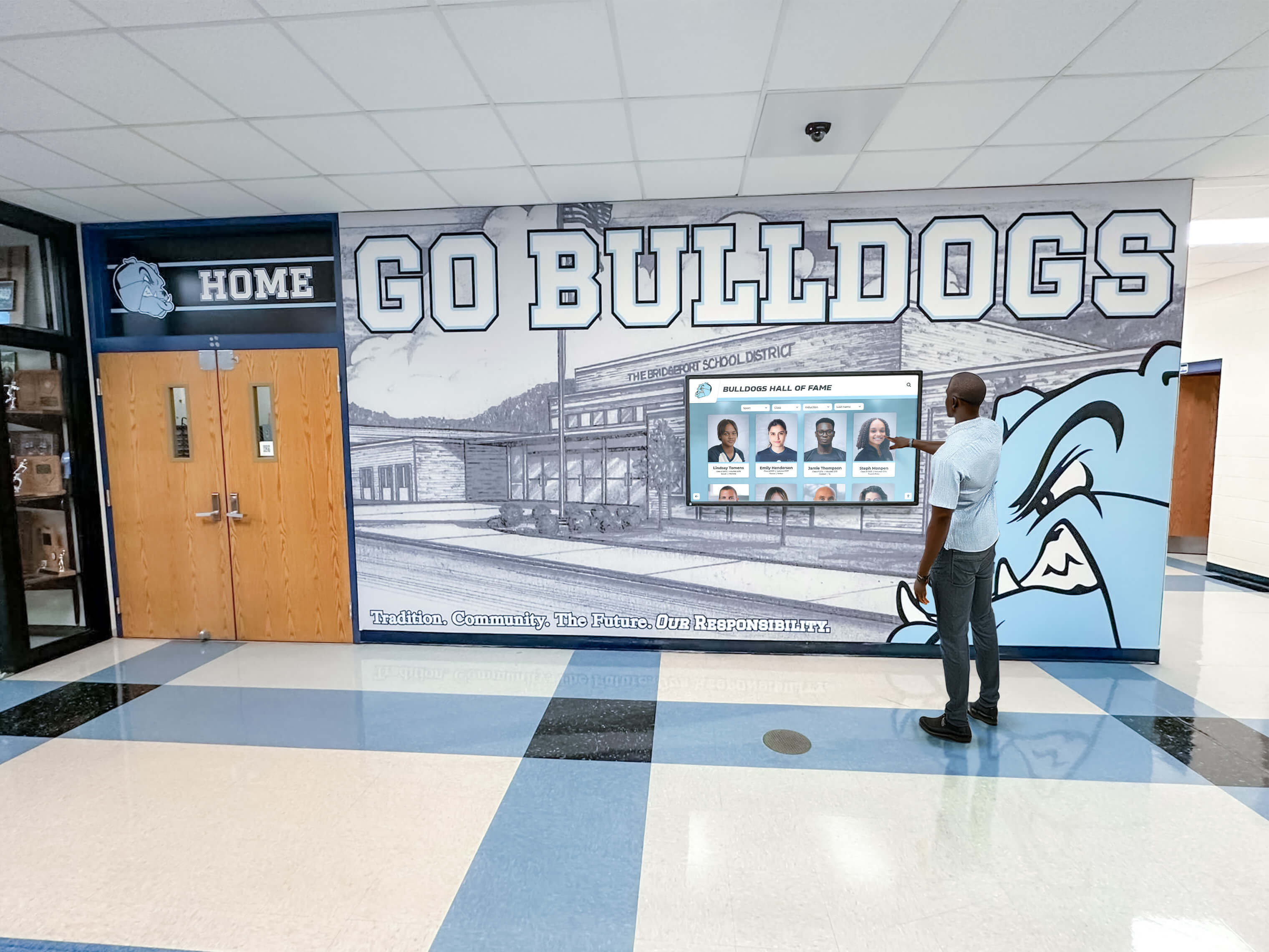
Physical and Digital Recognition Displays
Modern hockey programs increasingly implement comprehensive recognition systems celebrating tradition while engaging current and future stakeholders. These displays might include physical trophy cases showcasing championship trophies, game-worn jerseys from significant seasons, historical photographs documenting program evolution, and individual player awards and honors.
Digital recognition technology enables more dynamic and comprehensive storytelling. Solutions like Rocket Alumni Solutions provide platforms specifically designed for athletic recognition, offering:
- Unlimited capacity for recognizing players across all eras without physical space constraints
- Rich multimedia content including photos, videos, statistics, and biographical narratives
- Searchable databases allowing visitors to quickly find specific players, teams, or achievements
- Remote accessibility extending recognition beyond physical facility visits
- Easy content updates as new achievements occur or additional historical information becomes available
These digital recognition systems transform static displays into engaging experiences while ensuring comprehensive preservation of program history for future generations.
Integration with University-Wide Recognition
Boston College hockey recognition exists within broader university athletic and alumni recognition frameworks. Many programs integrate hockey achievements into comprehensive athletic halls of fame celebrating excellence across all sports, creating unified narratives about institutional athletic tradition.
This holistic approach demonstrates that excellence in any sport contributes to overall institutional identity while inspiring student-athletes across all programs to pursue their own achievements worthy of recognition.
The Impact of BC Hockey on College Hockey Nationally
Boston College’s success has influenced college hockey far beyond Chestnut Hill, contributing to the sport’s growth and development nationwide.
Raising Competitive Standards
BC’s consistent excellence has forced other programs to elevate their own operations. The recruiting, facilities, coaching expertise, and institutional support required to compete with Boston College has driven improvement across college hockey.
This competitive pressure benefits the entire sport by creating more compelling games, attracting better athletes, and increasing fan interest. Programs that might have settled for regional success must now pursue national excellence to compete with powerhouses like Boston College.
NHL Development Reputation
Boston College’s track record of developing NHL players influences recruiting throughout college hockey. When elite prospects choose the college route over major junior hockey, programs with proven NHL development pipelines hold significant advantages.
BC’s ability to consistently place players in professional hockey validates the college development model while attracting future talent seeking optimal preparation for professional careers. This success creates virtuous cycles where NHL success leads to stronger recruiting which produces more NHL players.
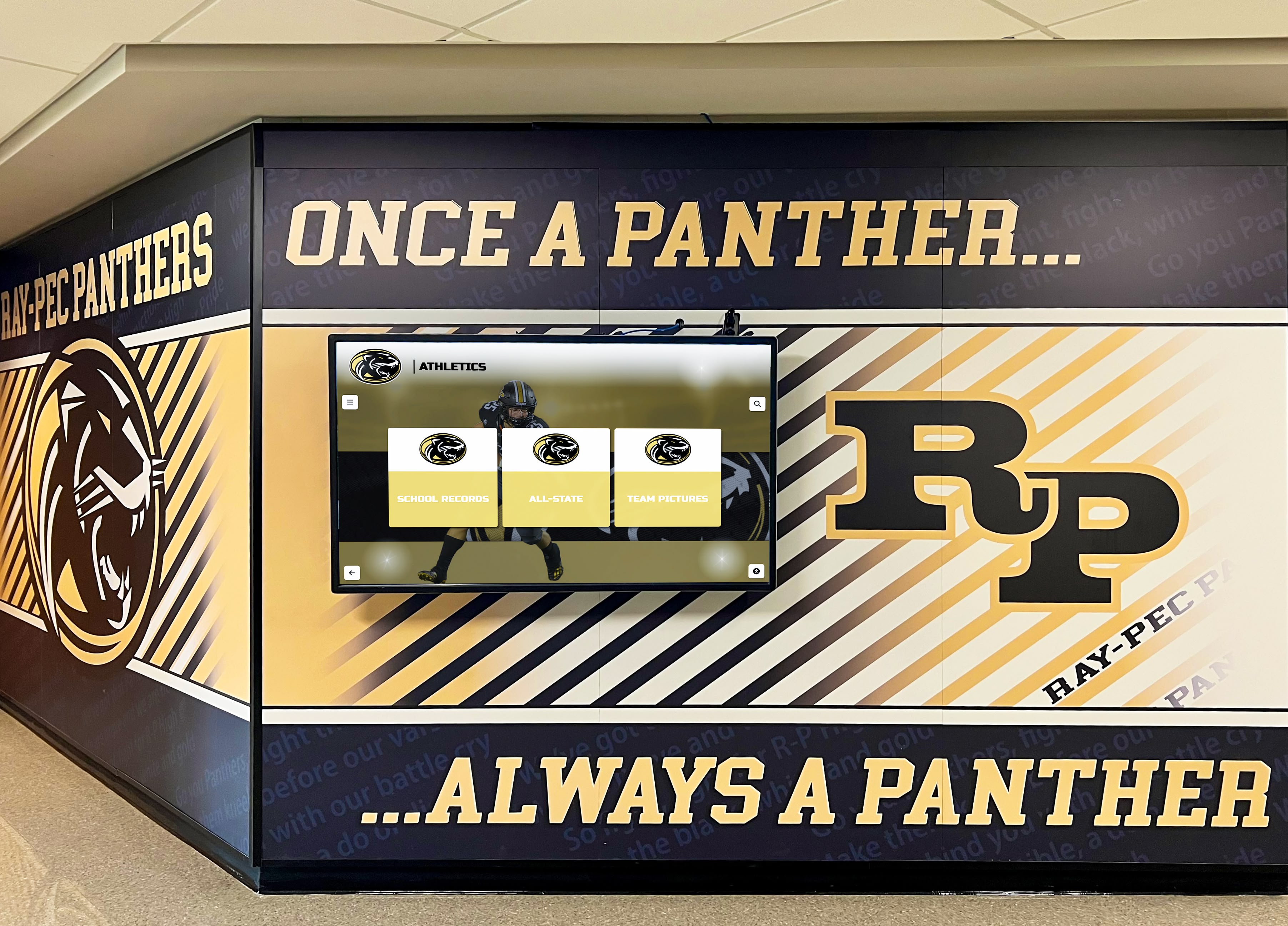
Geographic Impact in New England
As one of the premier programs in hockey’s American heartland, Boston College helps maintain New England’s position as a college hockey epicenter. The program’s success keeps hockey relevant and visible in a region with deep sports traditions across multiple sports.
Youth hockey players throughout New England grow up aware of BC hockey’s championship tradition, creating pipeline effects that sustain regional hockey culture. Many of college hockey’s future stars play high school or junior hockey in New England while dreaming of playing for programs like Boston College.
Lessons from BC Hockey Excellence
Boston College’s sustained success offers lessons applicable to athletic programs across all levels and sports.
Institutional Commitment Matters
BC hockey’s excellence reflects deep institutional commitment including quality facilities, competitive coaching salaries, recruiting budgets, academic support services, strength and conditioning resources, and medical and training staff. This commitment signals that hockey matters at Boston College, attracting players and coaches who value institutional support for pursuing championships.
Culture Transcends Individual Talent
While BC consistently recruits elite players, the program’s culture of excellence, team-first mentality, and championship expectations creates environments where talent reaches full potential. Many programs feature talented rosters that underachieve because culture doesn’t demand excellence; at BC, culture drives sustained success regardless of roster composition.
Development Creates Lasting Value
Programs that truly develop players—not just recruit them—build reputations that sustain recruiting success across generations. BC’s track record of developing college players into professional athletes creates self-perpetuating advantages in recruiting and program building.
Recognition Honors Past While Inspiring Future
Comprehensive recognition of past achievement serves multiple strategic purposes. It honors those who built tradition, creates tangible reminders of excellence standards, inspires current athletes to pursue their own legacies, and engages alumni through acknowledgment of their contributions.
Modern digital recognition platforms enable programs at all levels to preserve tradition while creating engaging experiences that serve recruiting, development, and alumni engagement objectives simultaneously.
The Future of Boston College Hockey
As BC hockey moves forward, several factors will influence the program’s continued trajectory.
Coaching Continuity and Development
The transition from Jerry York to Greg Brown demonstrated that BC had prepared for leadership succession while maintaining program culture. Continued coaching excellence remains essential to sustaining championship-level performance.
Recruiting in Changing Landscapes
College hockey recruiting faces evolving challenges including increased NHL early entry, competition from European development paths, and name, image, and likeness (NIL) considerations. Programs that adapt recruiting approaches while maintaining academic and cultural standards will thrive in these changing environments.
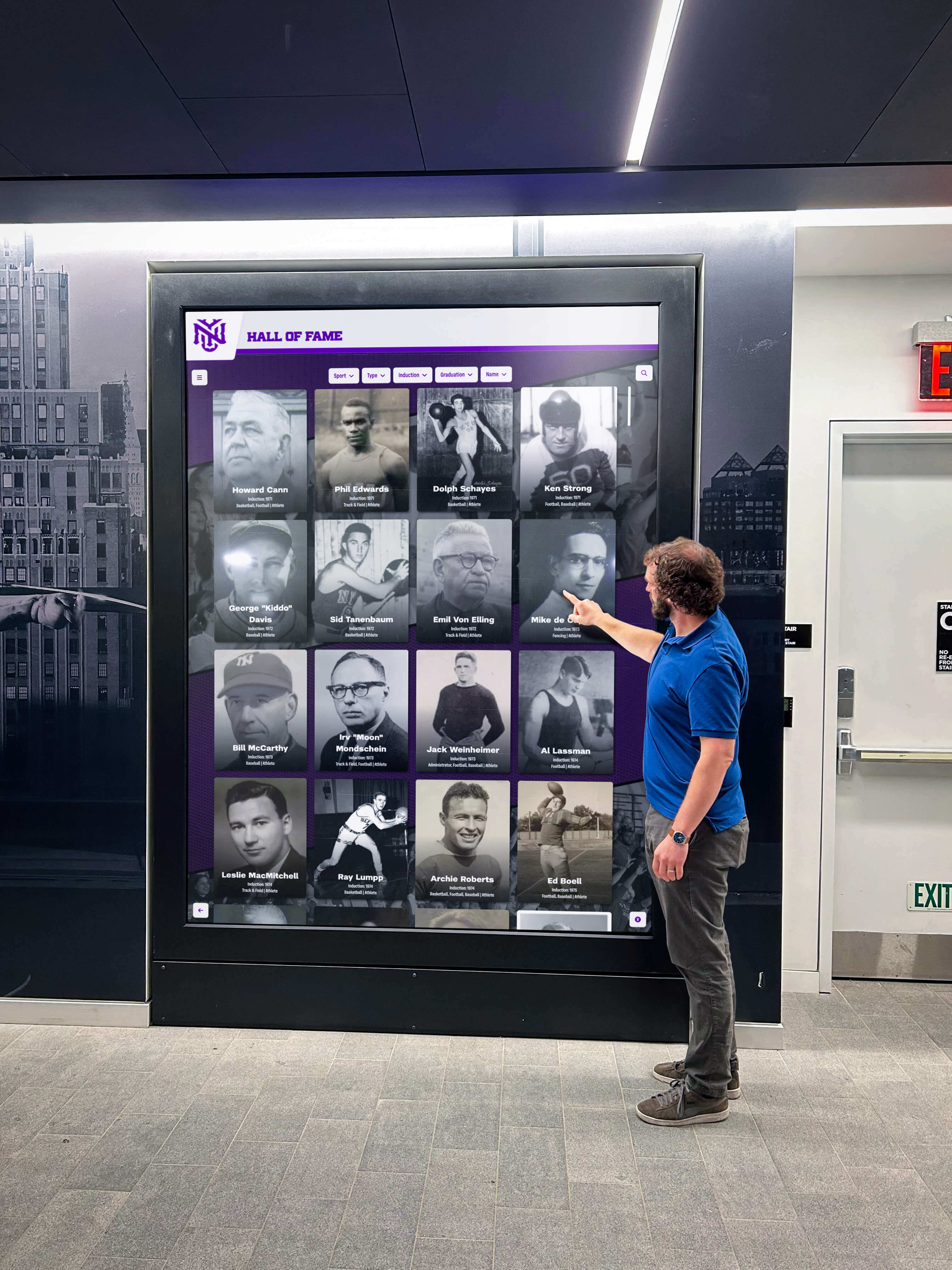
Facility Investment and Innovation
Maintaining competitive advantages requires ongoing facility investment ensuring BC hockey provides championship-caliber resources. Modern student-athletes expect first-class training facilities, recovery resources, and academic support spaces.
Digital innovation in recognition and engagement creates new opportunities for connecting with recruits, alumni, and fans. Programs implementing cutting-edge recognition technology demonstrate forward-thinking approaches that resonate with tech-native younger generations.
Conference Realignment and Competition
College athletics faces ongoing conference realignment discussions. Whatever changes occur, maintaining competitive schedules against top opponents remains essential to championship preparation and maintaining BC hockey’s national profile.
Celebrating Hockey Excellence Through Modern Recognition
For hockey programs at all levels—from youth leagues through high schools to college teams—celebrating achievement and preserving tradition creates foundations for sustained excellence.
The Value of Comprehensive Recognition
Recognition programs serve multiple strategic purposes:
- Preserving History: Ensuring achievements remain visible across generations maintains institutional memory
- Inspiring Current Athletes: Tangible examples of past excellence motivate current participants to pursue their own achievements
- Engaging Alumni: Recognition creates touchpoints for ongoing relationship-building with former players
- Supporting Recruiting: Visible tradition and celebration of achievement attract prospects seeking championship environments
- Building Community: Recognition creates gathering points and shared identity for entire athletic communities
Modern Recognition Technology
Digital recognition solutions address limitations of traditional trophy cases and plaques while adding capabilities impossible with physical displays alone:
Unlimited Capacity: Recognize unlimited individuals and teams without physical space constraints
Rich Multimedia: Include photos, videos, statistics, and biographical content bringing achievements to life
Searchability: Enable visitors to quickly find specific players, teams, achievements, or eras
Remote Access: Extend recognition beyond physical facilities through web-based platforms accessible worldwide
Easy Updates: Add new content or enhance existing recognition without fabrication or installation delays
Analytics: Understand how people engage with recognition content, informing ongoing development priorities
Solutions like Rocket Alumni Solutions provide purpose-built platforms for athletic recognition, offering intuitive content management, engaging user experiences, and seamless integration with physical displays throughout facilities.
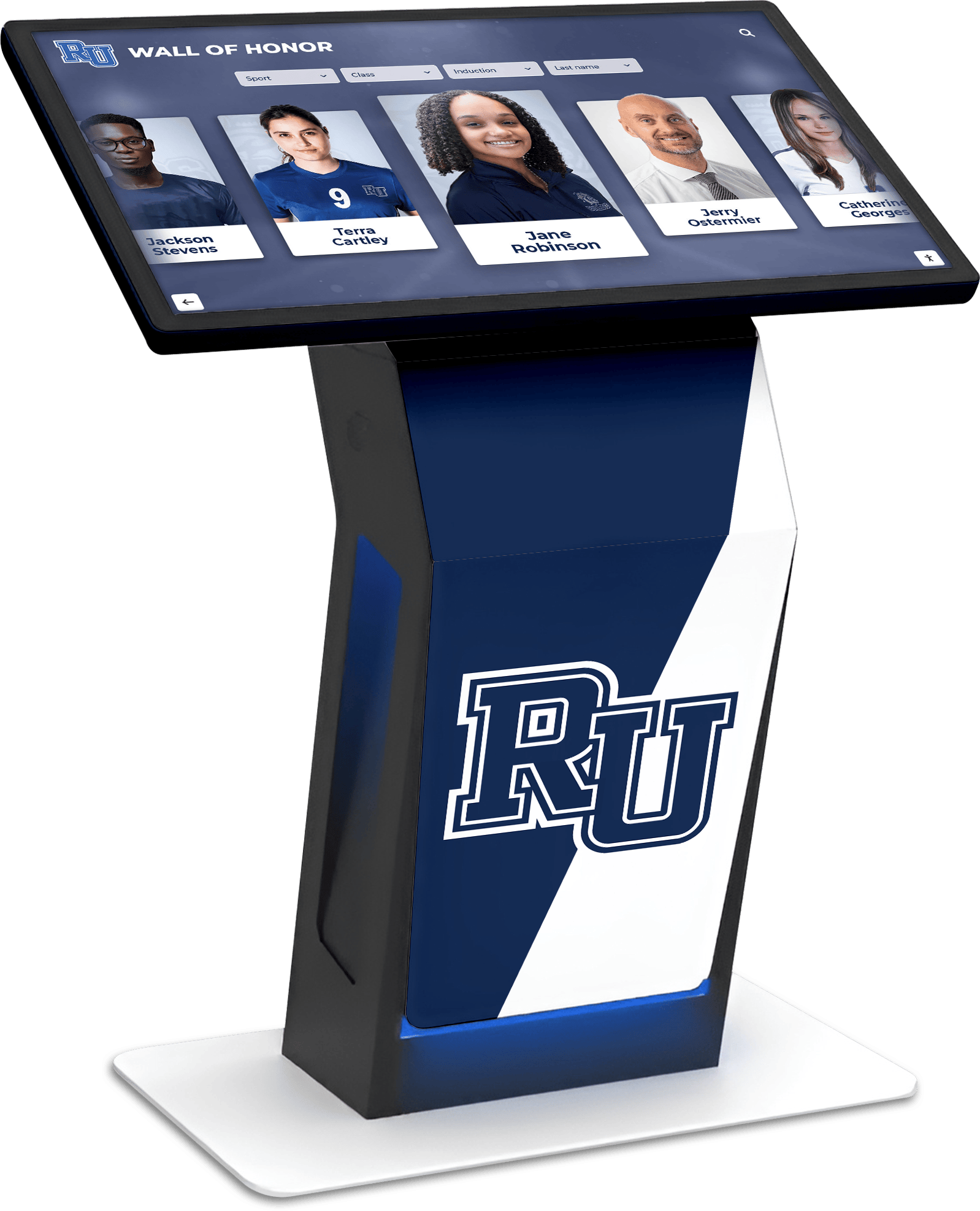
Conclusion: A Legacy Built on Excellence
Boston College hockey stands as one of college hockey’s most distinguished programs, combining championship achievement with player development, institutional commitment, and cultural traditions that define Eagles hockey across generations. From the 1949 team that captured BC’s first national championship through Jerry York’s extraordinary era building a modern dynasty to the 2026 championship continuing excellence into new eras, BC hockey demonstrates what sustained commitment to excellence produces.
The program’s success reflects systematic approaches to recruiting, development, coaching, and institutional support rather than isolated individual brilliance. This foundation ensures that BC hockey will remain among college hockey’s elite programs regardless of inevitable personnel changes and evolving competitive landscapes.
For hockey programs at all levels, Boston College’s example demonstrates the importance of clear values, consistent processes, comprehensive recognition of achievement, and unwavering commitment to excellence. Whether building youth programs, elevating high school teams, or developing college powerhouses, the lessons from BC hockey remain universally applicable.
Modern recognition technology enables programs to honor their own traditions with the depth and engagement they deserve. From comprehensive hall of fame systems celebrating coaching excellence to digital recognition displays showcasing player achievements, today’s platforms provide tools matching the significance of hockey’s greatest moments and most accomplished individuals.
Boston College hockey’s century-long journey from early beginnings through national championships demonstrates that excellence sustained across generations creates legacies transcending any single season or individual. By honoring past achievement while inspiring future excellence, programs build traditions that define institutional identity and create lasting pride for entire communities.
The Eagles’ maroon and gold will continue gracing college hockey’s biggest stages, pursuing championships while developing young athletes into successful professionals and outstanding citizens. That legacy—built through decades of dedication, celebrated through comprehensive recognition, and sustained through unwavering commitment to excellence—ensures Boston College hockey will remain synonymous with college hockey’s highest standards for generations to come.



































